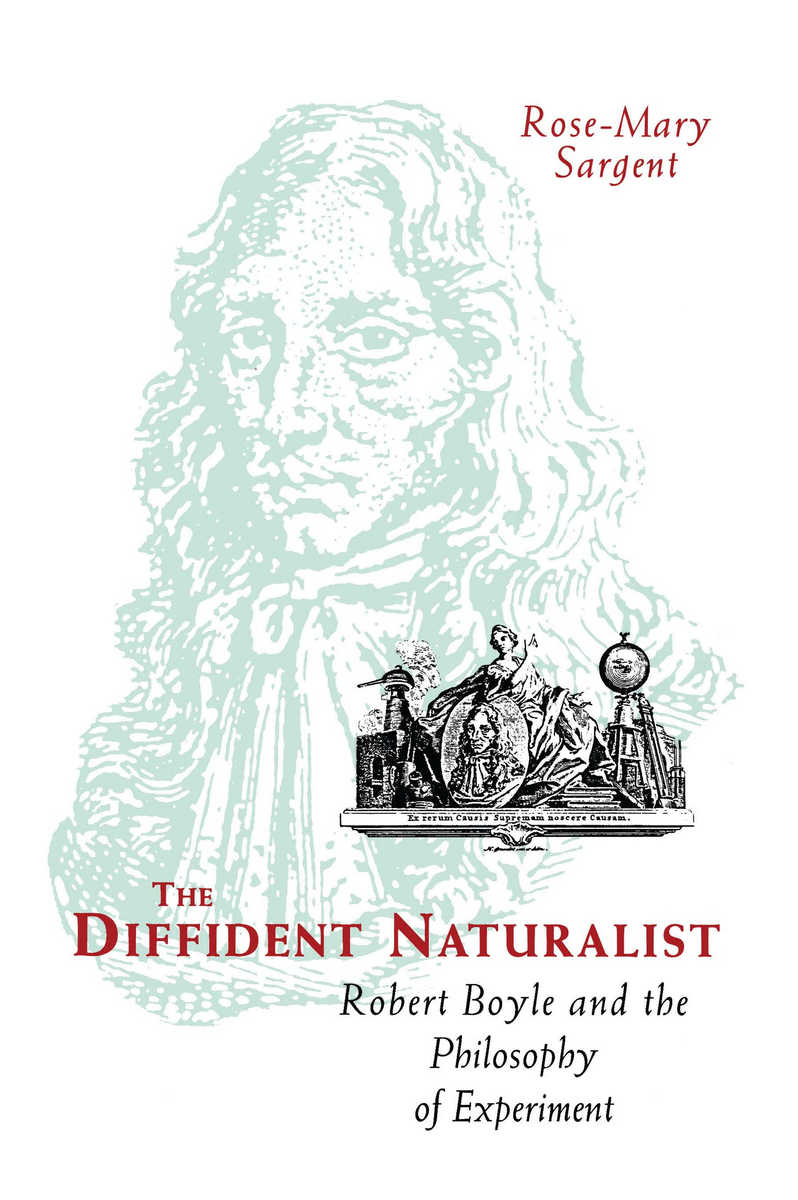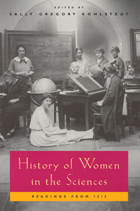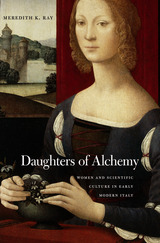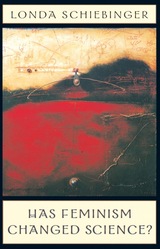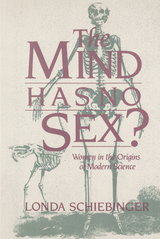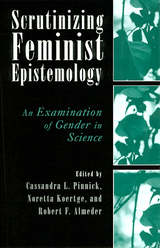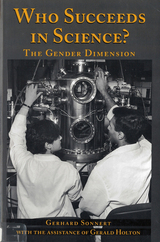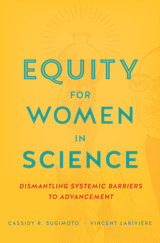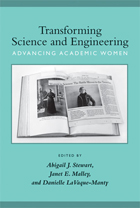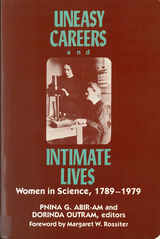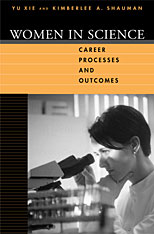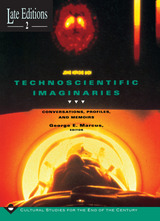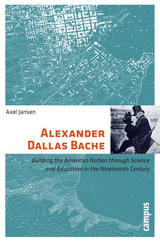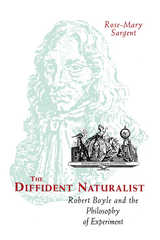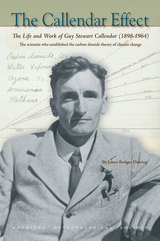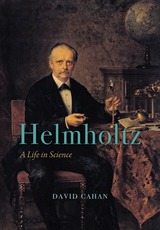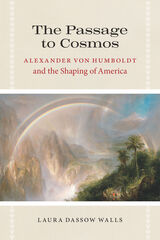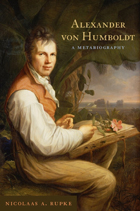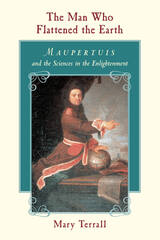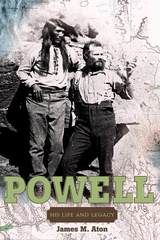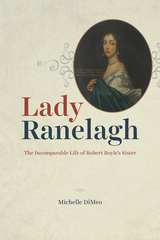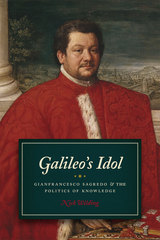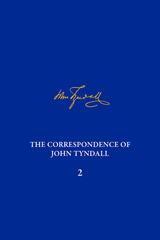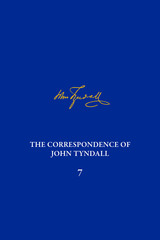The Diffident Naturalist: Robert Boyle and the Philosophy of Experiment
University of Chicago Press, 1995
Cloth: 978-0-226-73495-8 | eISBN: 978-0-226-73562-7 | Paper: 978-0-226-73497-2
Library of Congress Classification Q143.B77S27 1995
Dewey Decimal Classification 530.092
Cloth: 978-0-226-73495-8 | eISBN: 978-0-226-73562-7 | Paper: 978-0-226-73497-2
Library of Congress Classification Q143.B77S27 1995
Dewey Decimal Classification 530.092
ABOUT THIS BOOK | AUTHOR BIOGRAPHY | TOC | REQUEST ACCESSIBLE FILE
ABOUT THIS BOOK
In a provocative reassessment of one of the quintessential figures of early modern science, Rose-Mary Sargent explores Robert Boyle's philosophy of experiment, a central aspect of his life and work that became a model for mid- to late seventeenth-century natural philosophers and for many who followed them.
Sargent examines the philosophical, legal, experimental, and religious traditions—among them English common law, alchemy, medicine, and Christianity—that played a part in shaping Boyle's experimental thought and practice. The roots of his philosophy in his early life and education, in his religious ideals, and in the work of his predecessors—particularly Bacon, Descartes, and Galileo—are fully explored, as are the possible influences of his social and intellectual circle. Drawing on the full range of Boyle's published works, as well as on his unpublished notebooks and manuscripts, Sargent shows how these diverse influences were transformed and incorporated into Boyle's views on and practice of experiment.
Sargent examines the philosophical, legal, experimental, and religious traditions—among them English common law, alchemy, medicine, and Christianity—that played a part in shaping Boyle's experimental thought and practice. The roots of his philosophy in his early life and education, in his religious ideals, and in the work of his predecessors—particularly Bacon, Descartes, and Galileo—are fully explored, as are the possible influences of his social and intellectual circle. Drawing on the full range of Boyle's published works, as well as on his unpublished notebooks and manuscripts, Sargent shows how these diverse influences were transformed and incorporated into Boyle's views on and practice of experiment.
See other books on: 1627-1691 | Boyle, Robert | Experiment | Great Britain | Scientists
See other titles from University of Chicago Press
